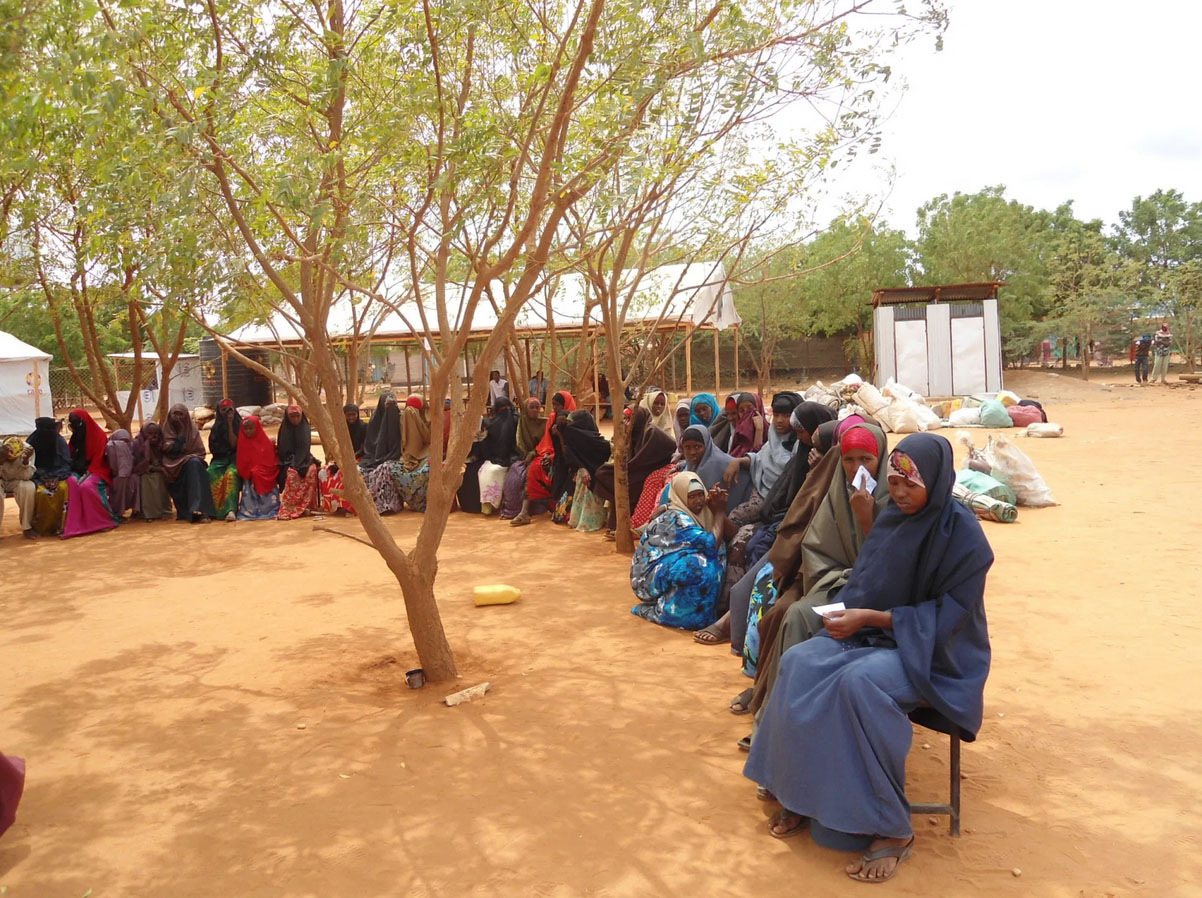STATEMENT : THE CLOSURE OF THE REFUGEE CAMPS IN KENYA WILL HAVE CATASTROPHIC CONSEQUENCES
Joint statement from InZone and the Geneva Centre of Humanitarian Studies

Dadaab. One of the four Somali refugee camp in the area. Photo credit: ICRC
Geneva, 30 April 2021 – On Thursday, the Government of Kenya announced the closure of the Dadaab and Kakuma refugee camps by June 2022. The two camps are hosting over 430,000 refugees who fled from wars, violence and persecution in East Africa and the Horn of Africa.
In a joint statement, the Kenyan Government and the UN Refugee Agency (UNHCR) explained that refugee camps are not a long-term solution to forced displacement and are committed to working together to find alternative solutions that are in line with the responsibility sharing principles and goals of the Global Compact on Refugees. Despite this reassuring statement, refugees living in the camps deeply dread this turn of events as they live in fear of “forced” voluntary returns. This situation adds to the existing stress refugees have been experiencing as a consequence of the COVID-19 pandemic.
For many years, Kenya has been a safe haven for displaced people in a region in turmoil. For that, the international community should praise and actively support the Government of Kenya. We, at InZone and the Geneva Centre of Humanitarian Studies, however, strongly recommend the Government of Kenya to reconsider the camps’ closure and, instead, revise its encampment policy that has maintained refugee populations in humanitarian aid dependency, as they are not allowed to work, which has inherently prevented them from accessing a dignified and productive life.
